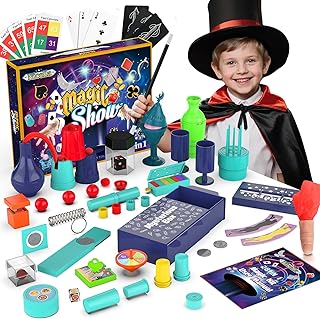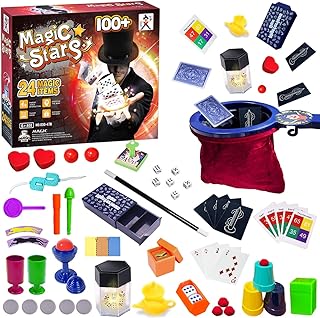Magicians have long grappled with the ethical dilemma of whether to reveal the secrets behind their craft. The debate over “exposure” has been a topic of contention for years, sparking heated discussions within the magic community. Now, two British academics, Gustav Kuhn and Brian Rappert, who are also magicians themselves, have delved into this complex issue with a groundbreaking study.
In their research, Kuhn and Rappert surveyed hundreds of magicians worldwide to gauge their attitudes towards exposing magic tricks. The study revealed a consensus that revealing another magician’s trick while they are alive is considered a major breach of etiquette, with less than 3% of respondents viewing it as acceptable.
However, the survey participants were more lenient when it came to disclosing tricks created by deceased magicians or explaining illusions they had developed personally. There was a distinction made between revealing secrets for self-promotion versus sharing knowledge within the magic community.
According to Kuhn, financial transactions play a significant role in determining the acceptability of exposing magic secrets. If someone pays for a magic trick, it may be deemed permissible to reveal its secrets. Conversely, freely divulging secrets without compensation is often frowned upon.
The issue of exposure came to the forefront in 2019 when Gustav Kuhn’s involvement in an exhibition that explained general magic principles raised objections from some magicians. The controversy underscored the sensitivity surrounding the disclosure of magical secrets and led to formal inquiries by magic organizations.
Historically, exposure has been a contentious issue in the magic world. The study cites instances such as David Devant, the first president of the Magic Circle, who faced backlash for revealing secrets in his book. The evolving landscape of magic in the digital age has further complicated the debate, with the internet making it easier for tricks to be exposed.
Despite the challenges, Kuhn and Rappert argue that some forms of exposure can enhance magical performances. For instance, unveiling the mechanics behind a trick as part of the act can add an extra layer of intrigue for the audience.
The study concludes with insights from the Magic Circle, emphasizing the importance of safeguarding magical secrets while acknowledging the need for a better understanding of the implications of exposure. The organization welcomes research efforts that shed light on this complex issue and contribute to a deeper appreciation of the art of magic.
The paper by Kuhn and Rappert, titled “Towards a Theory of Exposure,” offers a comprehensive examination of the ethics and dynamics surrounding the disclosure of magic secrets. As magicians continue to navigate the fine line between secrecy and revelation, the study provides valuable insights into the evolving landscape of magic in the modern era.
📰 Related Articles
- Milan’s Magic School: Unleashing Creativity and Confidence in Magicians
- Makeup Artist’s Insensitive Remark Sparks Industry Ethics Debate
- Magic Tutorial Apps: Unlocking Secrets of the Magical Arts
- Influencer’s E-Bike Video Disqualification Sparks Marathon Ethics Debate
- Controversial Study on Childhood Vaccines Sparks Debate Among Experts






